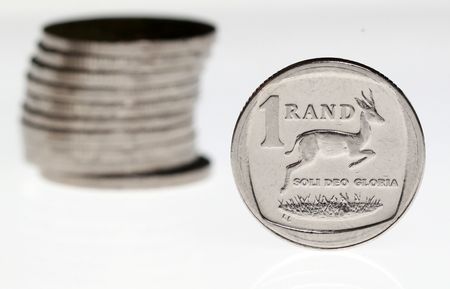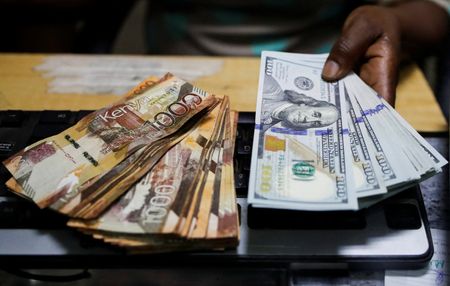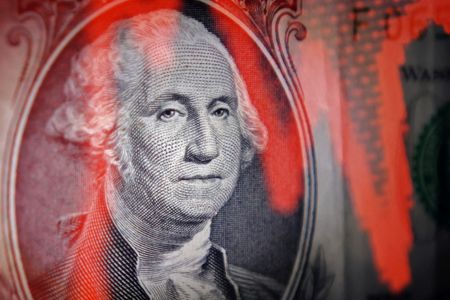By Camillus Eboh
ABUJA (Reuters) -Nigeria’s Senate passed four tax reform bills on Friday aimed at boosting government revenue, nearing completion of a plan that has faced criticism and pushback from within President Bola Tinubu’s ruling All Progressives Congress.
After ending costly subsidies and twice devaluing the naira currency in his first year in office, Tinubu has shifted his focus to reforming the tax system to boost revenue and efficiency.
Critics say the measures, which include an increase in value-added tax to 12.5% next year from 7.5%, will worsen economic hardship in Africa’s most populous country of more than 200 million.
Parliament’s passage of the four bills, despite opposition from lawmakers and governors within Tinubu’s party, is a victory for his administration’s efforts to shore up government revenue and overhaul the country’s fiscal framework.
Nigeria has one of the world’s lowest tax-to-GDP ratios, at 10.8%, forcing the government to rely on borrowing to fund the budget.
Sani Musa, who chaired the Senate committee that reviewed the bills, said their passage triggered an amendment to Nigeria’s oil law.
The changes transfer “fiscal administration duties, such as royalty and petroleum profit tax collection, to the newly proposed Nigeria Revenue Service”, he said on Friday.
Musa clarified that other provisions in the oil law remain unchanged.
Nigeria’s lower House of Representatives passed the tax bills in March. Now, the Senate’s passage requires both chambers to reconcile their versions before sending the final bills to Tinubu for his assent.
(Reporting by Camillus Eboh. Writing by Elisha Bala-Gbogbo. Editing by Mark Potter)










